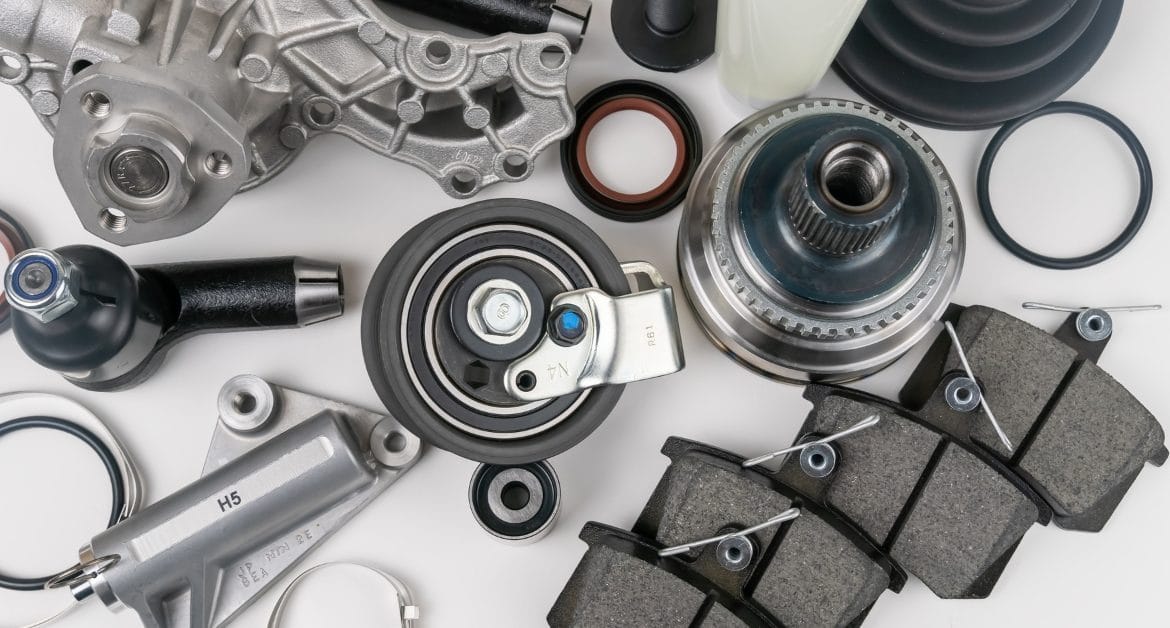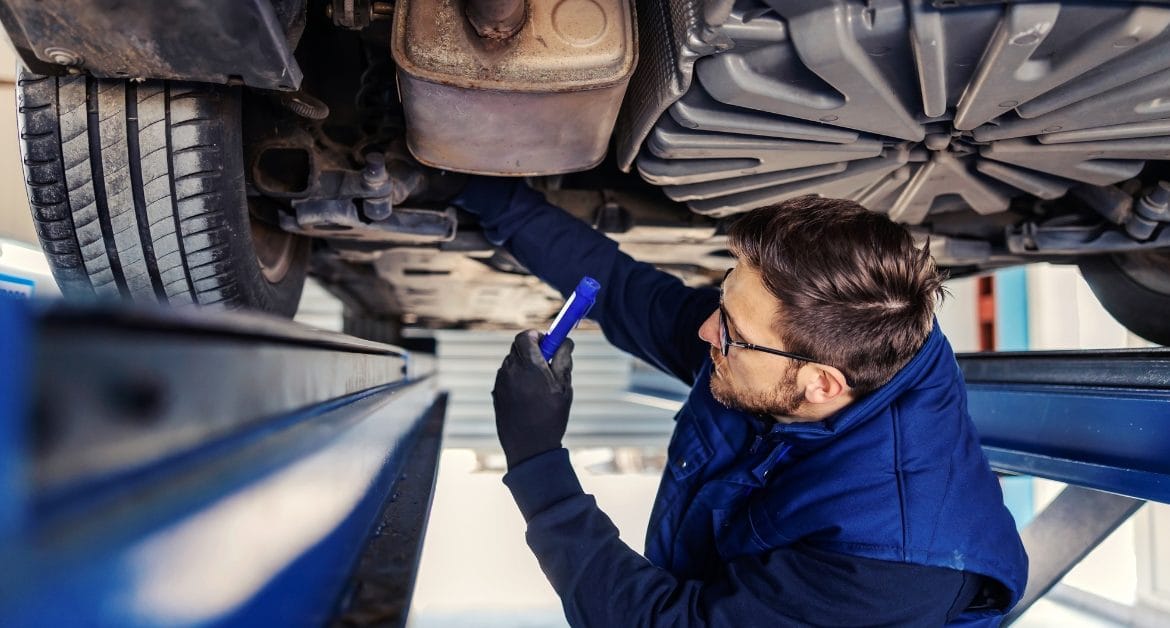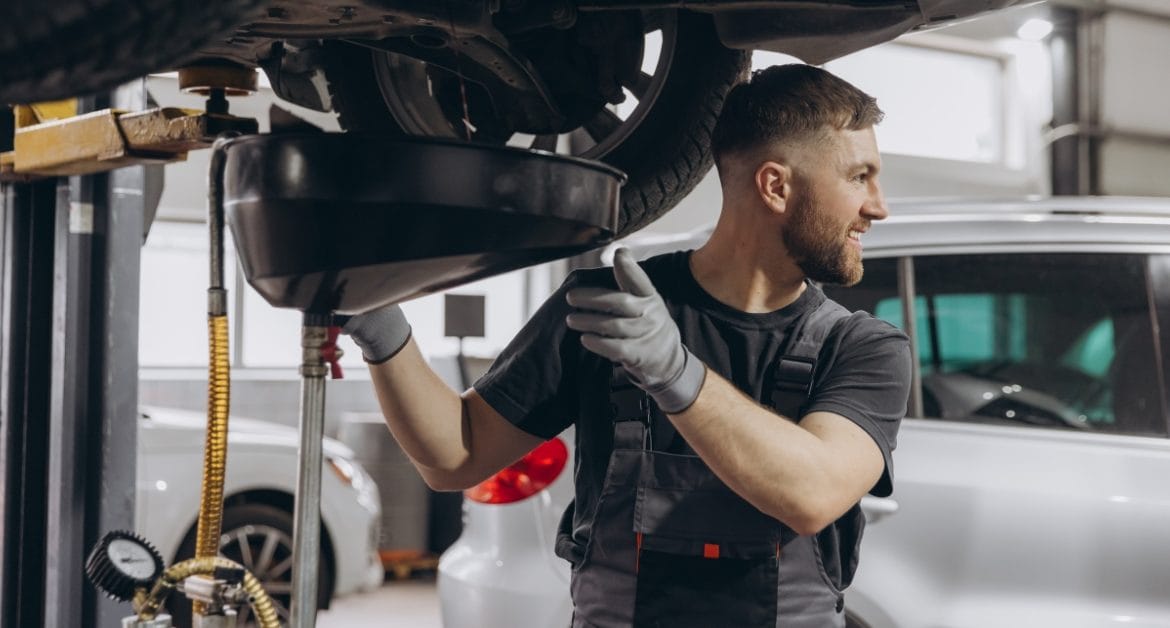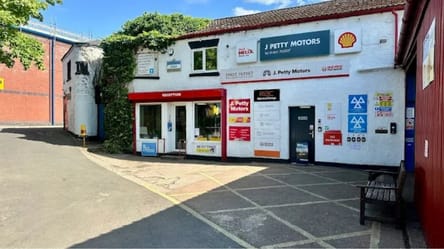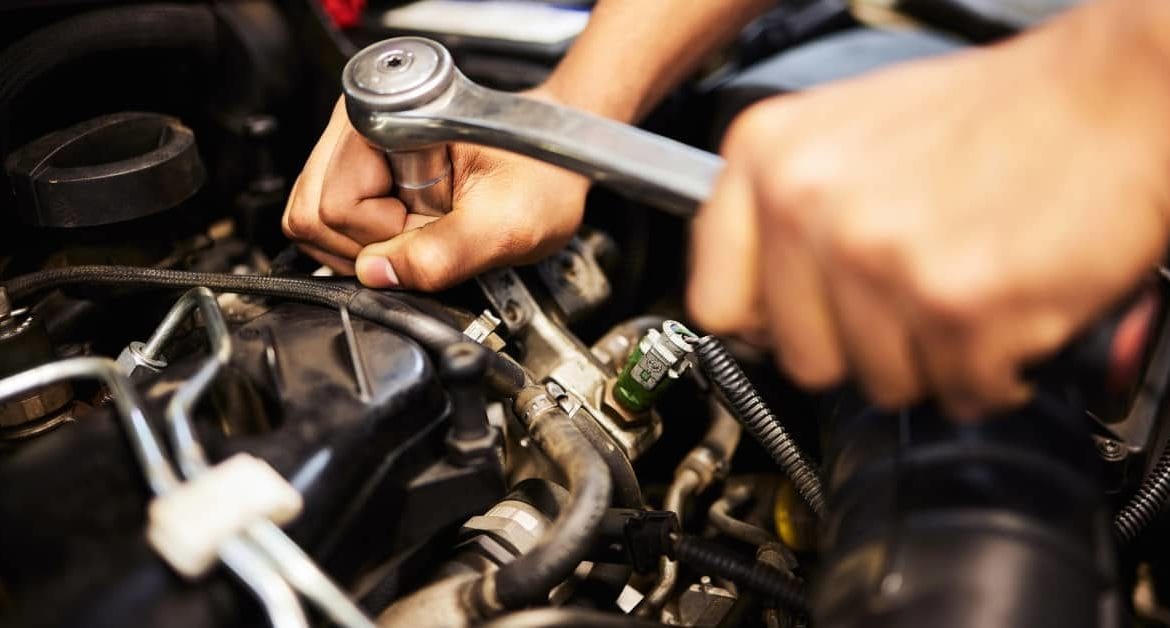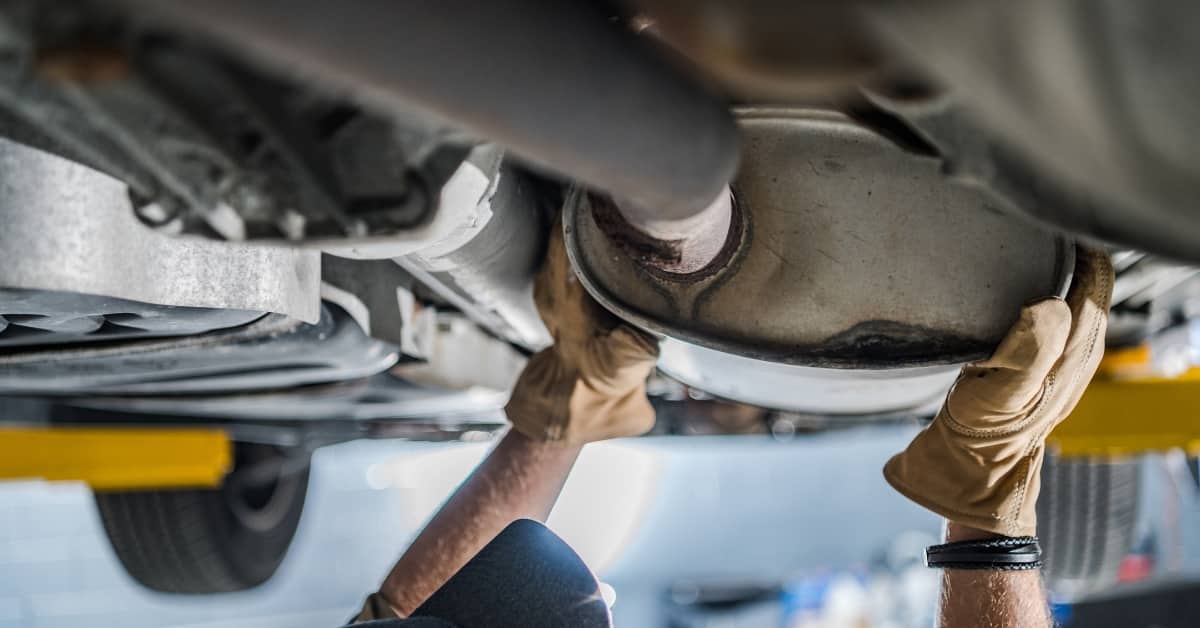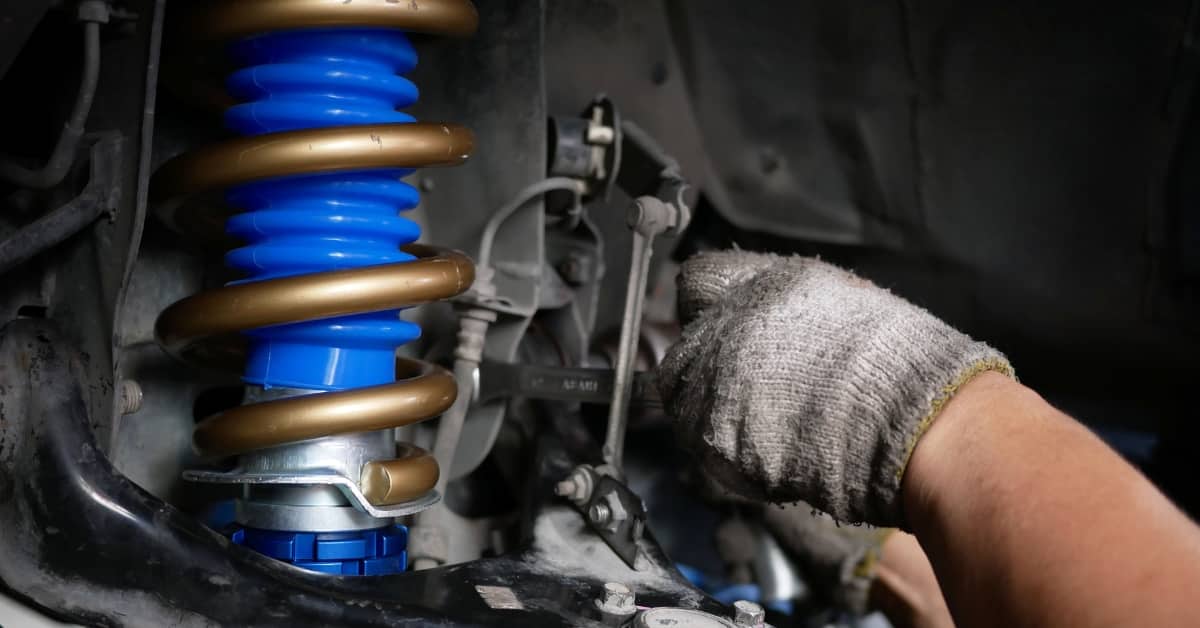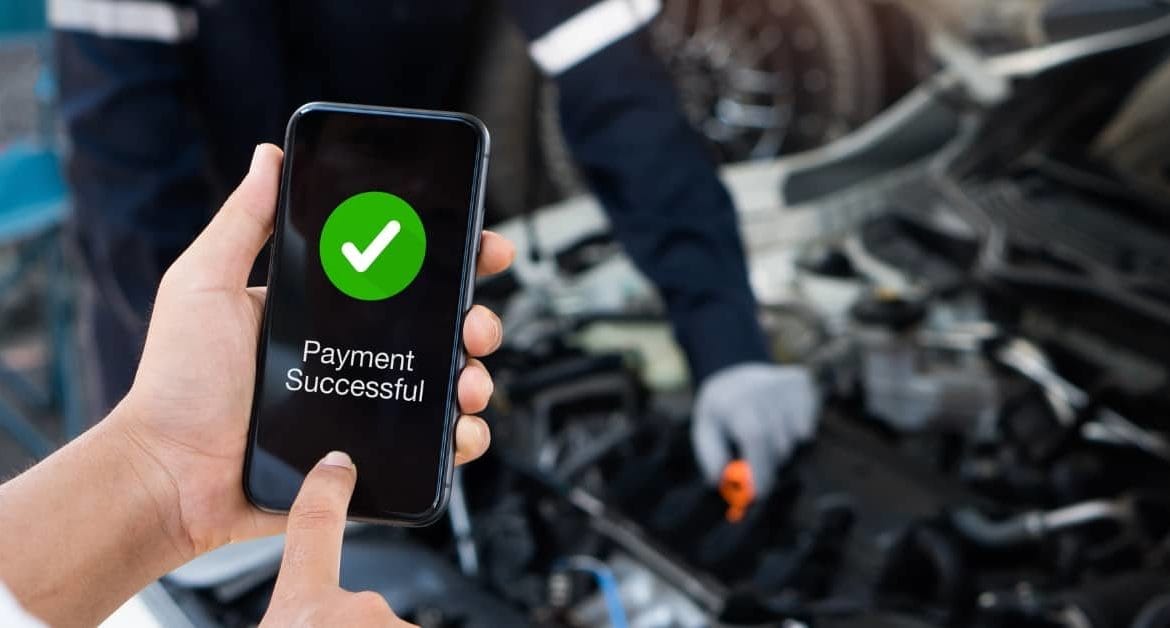Car repairs rarely come at a good time, but you’ve still got to keep the car on the road and stay safe. That’s where Buy Now, Pay Later (BNPL) can step in. It’s not a shortcut or an excuse to spend, but it can be a powerful, practical way to deal with essential car repairs when cash flow is tight.
When it’s used properly, responsible BNPL for car repairs protects mobility, safety, and financial stability.
Car Repairs Aren’t Optional Spending
In general, you don’t choose to repair your car; you have to. Ignoring problems with your vehicle can spiral into higher costs and risk your safety.
What’s more, for many households, the car isn’t a luxury, with 7 out of 10 UK audiences saying their lifestyle necessitates a vehicle. It’s how we get to work, how we do the school run, and how we get about day to day. When a repair bill lands unexpectedly, paying it in one hit can cause real strain.
Spreading the cost of car repairs is a great way to keep life moving without tipping finances over the edge.

What BNPL Is Actually For
There’s a lot of noise around BNPL, and much of it is undeserved.
At its best, BNPL is an effective short-term budgeting tool. It breaks a necessary cost into smaller, predictable payments without compounding interest or leaving you with long-term debt hanging around for years.
That’s why interest-free car repairs are so effective, as when repayments are fixed and time-limited, people can plan. They know what’s going out and when it ends.
It’s this structure and framework that separates responsible BNPL from risky borrowing.
Responsibility is the Key Word
BNPL only works when it’s used with clear rules.
- First, it’s best used for essentials, not impulse buys. Car repairs obviously qualify for this, as a failed MOT or engine problem doesn’t wait until payday.
- Second, repayments need to be affordable. If the monthly amount fits comfortably alongside rent, bills, and food, it’s doing its job. If it doesn’t, it’s the wrong option.
- Third, the terms must be clear without hidden charges or confusing penalties, so you aren’t met with a nasty surprise halfway through.
The Real Cost of Not Fixing the Car
Delaying repairs often feels like saving money. In reality, it usually costs more. Minor faults turn into major ones because the car keeps being driven.
There’s also the safety side. Cars in poor condition put drivers, passengers, and everyone else on the road at risk. Spreading the cost of car repairs allows work to be done when it needs doing.
Facing a repair you didn’t plan for? Spread the cost with Payment Assist.
Our 0% interest car repair finance could be the difference between delaying the work and getting it sorted properly. Find your nearest Payment Assist partner, or get in touch with us to find out more.
How Does BNPL Compare With Other Payment Methods?
When you can’t pay up front, you need to look for alternatives, but not all of them are equal.
Credit cards often carry interest if the balance isn’t cleared quickly, and overdrafts can spiral, especially with rising fees. Informal loans from family can add pressure that money shouldn’t bring into personal relationships.
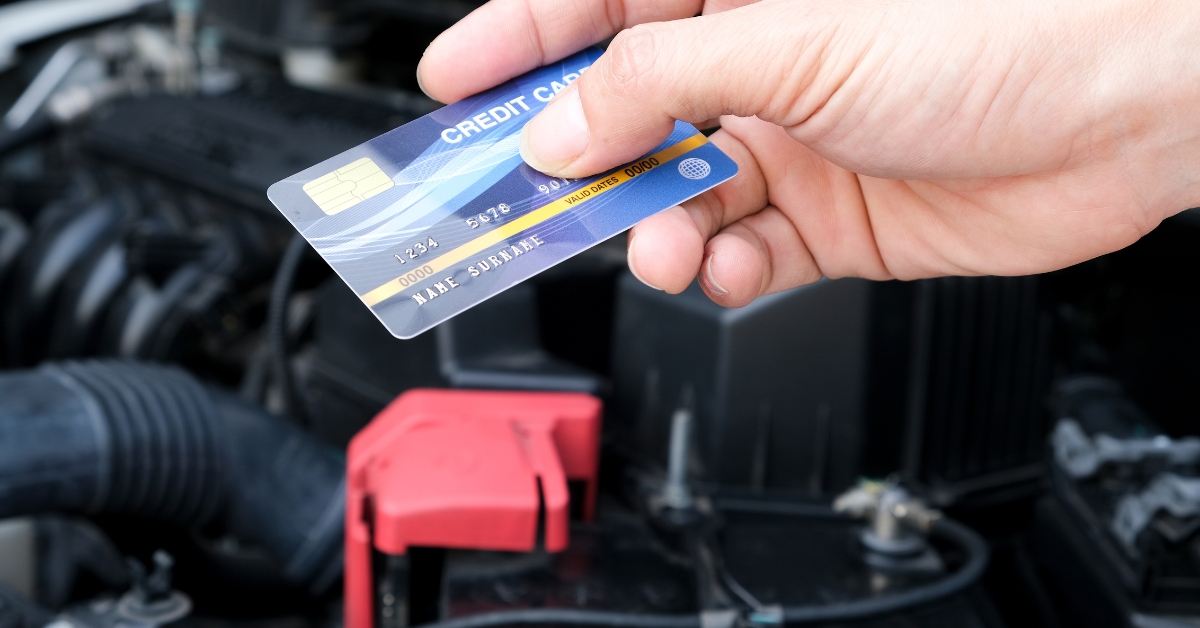
Interest-free car repairs through BNPL are generally a much more structured and safe way of managing these costs. The price is agreed upfront, the timeline is clear, and once it’s paid, it’s done.
Regulation Is Catching Up
BNPL isn’t the wild west it once was. UK regulation is becoming more comprehensive, and there’s a much stronger focus on affordability, transparency, and consumer protection. At Payment Assist, we welcome these changes.
That shift is important. It means BNPL is being treated as what it is: a form of credit that needs guardrails.
Responsible providers already operate within those boundaries. They check affordability, and they explain terms properly. They don’t encourage people to take on more than they can handle.
Financial Stability Isn’t About Never Borrowing
Real life doesn’t always work without some form of credit. Financial stability is about control and predictability. It’s much harder to manage a single, upfront cost that throws off your monthly budget than a structured payment plan that’s transparent and has no hidden costs.
Spreading the cost of car repairs can protect that stability.
Looking for Interest-Free Car Repair Finance? Choose Payment Assist.
Payment Assist provides a straightforward way to spread the cost of essential car repairs without adding interest or unnecessary complexity.
Our focus is on affordability, clarity, and responsible use. The aim is simple: help people deal with unexpected repair bills while keeping control of their finances. No pressure, and no surprises. Just a practical way to keep cars safe and on the road.
Click here to find a garage near you, or get in touch with our team to find out more.
FAQ
Is BNPL suitable for all car repairs?
It works best for essential, time-sensitive repairs such as safety issues, warning lights, or MOT failures or for amber work that could escalate into higher costs. Cosmetic upgrades might not be the best fit.
Does spreading the cost of car repairs mean paying more overall?
With interest-free options, the total cost stays the same. You’re changing the timing of payments, not the price.
Can BNPL affect budgeting?
It can actually support budgeting when repayments are affordable and clearly planned. Problems tend to arise when multiple plans overlap, or payments stretch monthly finances too far.
Is BNPL better than using savings?
Some people prefer to protect emergency savings for other costs that don’t have financing plans available, and spread the cost of the repair instead, especially when vehicles go wrong unexpectedly.
What happens if a payment is missed?
Missing payments is not ideal and can lead to an impact on your credit score. That’s why it’s important to work with a trusted provider to find a plan that comfortably fits your budget. Don’t forget to speak up early if circumstances change.
Is BNPL a long-term solution for car ownership costs?
No. It’s a short-term tool for unexpected repairs, not a substitute for regular maintenance planning or saving over time.


